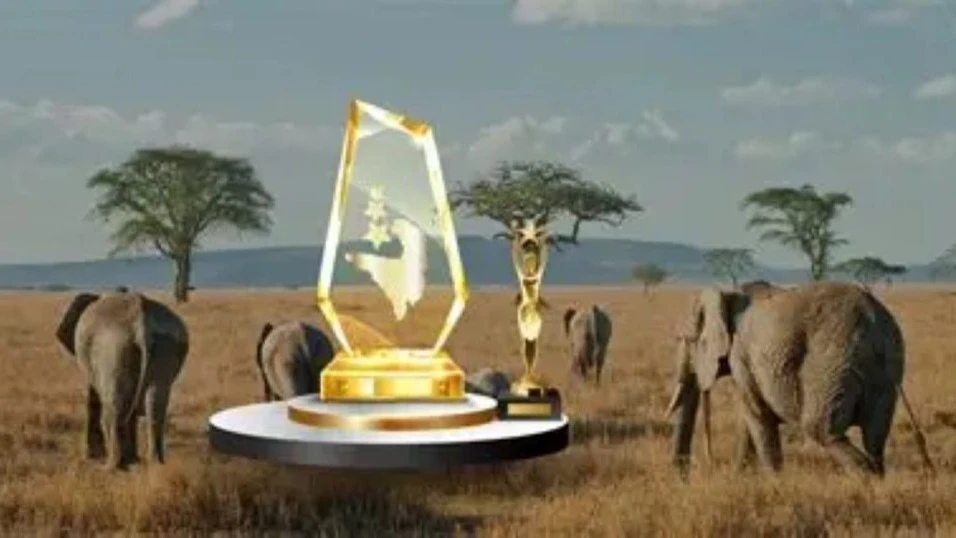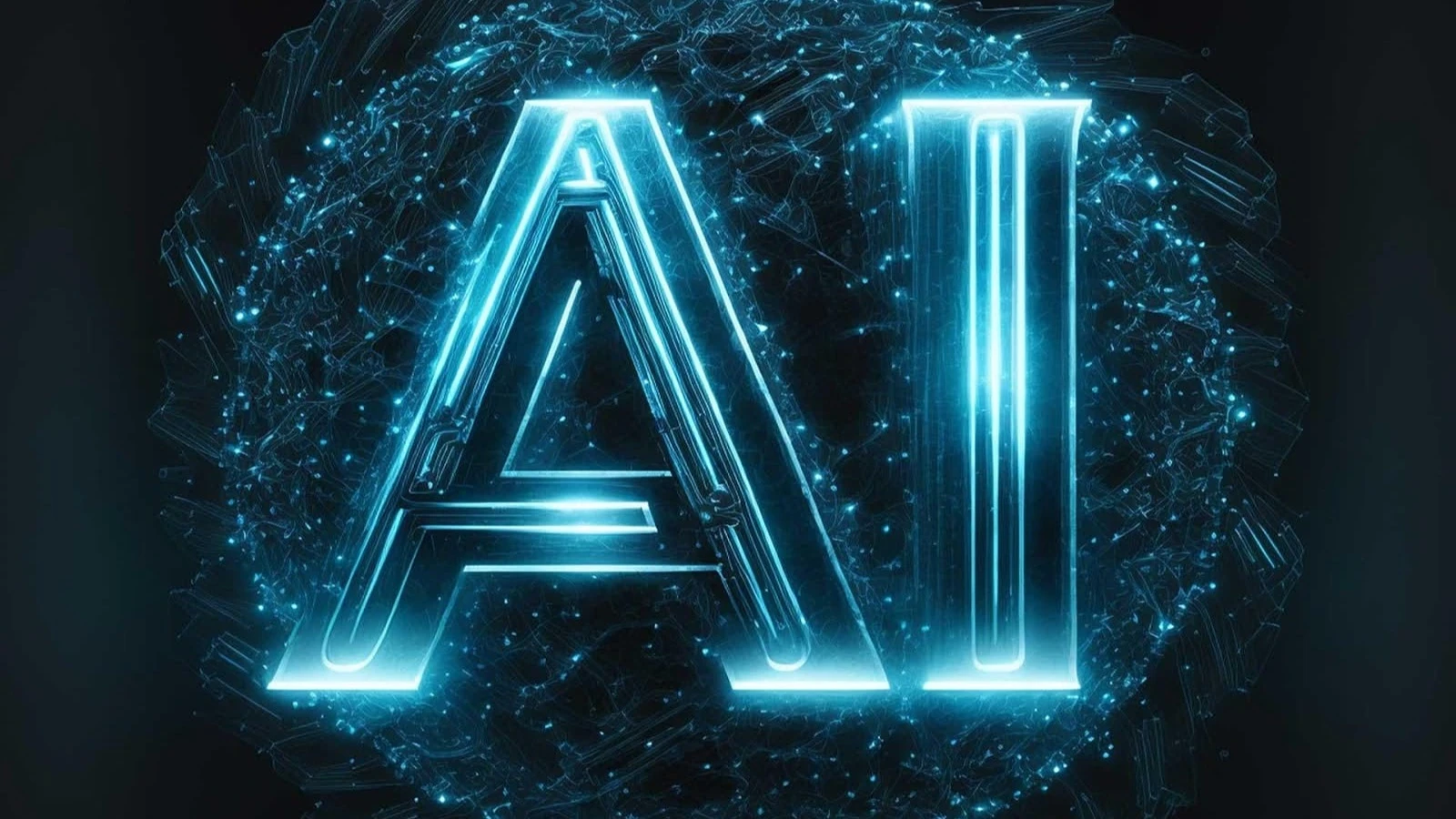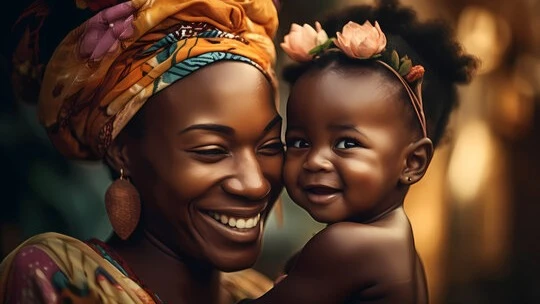AI cannot replace storytellers – writers, maybe...

SOME people like to talk about AI (artificial intelligence) replacing everything and everybody, including writers. I disagree with these stances for a couple of reasons and want to go over some of those right now.
One significant distinction I notice is that people seem to confuse writers and storytellers. Yes, AI can write and tell stories. However, the point I want to illustrate is in the concept and gift within storytelling. It is something I don’t believe AI is able to replicate, you might disagree, but hear me out.
Storytelling is the oldest human art. Most traditions have been passed down through stories.
When villagers in ancient times wanted to educate the next generation in the ways that ensured the tribes’ survival, the best way to go about it was to tell them heroic stories of young men who fought and brought prosperity to their people.
Many such lessons have been passed down orally this way, and many more have been passed down in written text afterwards.
The reason I’m expanding on this idea is that stories are what connect humanity, communication is the glue, and stories are the parts attached through that glue.
We still share human ideas, world views and concepts through stories in similar ways today. A story is one of the single greatest and most efficient ways to effectively live the life and take on the experiences of another person, real or imaginary.
Whether a story itself is real or imaginary doesn’t matter that much, as the point of any worthwhile story is linked to the human experience a reader or watcher gets to see by going through the story.
It is basically a way of seeing the world through the eyes and shoes of another person.
Steve Jobs once said: “The most powerful person is the storyteller.” I believe that this is indeed the case because stories are one of the primary supplying materials of human decision-making and our inner consciousness.
Stories, even when we don’t notice it, embed themselves in our subconscious and drive our decisions moving forward. I’m sure you know and can recognise many people who have borrowed aspects of their personalities from movie characters.
Until we as a society develop something like the Animus technology from the Assassin’s Creed video games or Virtual Reality storytelling becomes a mainstream media source, taking in stories will be the only way we can walk in the shoes and minds of other human beings who have populated this earth.
One likely branch of the future of storytelling could be a combination of AI worldbuilding, Virtual Reality immersion, and human storytelling, curating an unforgettable experience. Imagine walking inside the movie or movie world that somebody else dreamed up.
What this has to do with AI now is that, while AI(LLMs) can write text, they can even write essays, arguments and stories.
What they cannot do, though, is to have that human element of intentionality when telling a story. Call it soulless or whatever may fit.
A machine can tell you words, but those words are just calculations and predictions. Just spouted out pieces of knowledge and information arranged in the form of a story, narrative or argument.
However, the source of that information isn’t intentionally setting out to make the readers feel and empathise with their own bit of humanity. The way I see it, those are the current limits of AI story and writing in 2025.
Now let’s break this down even further just for fun and understanding. Human stories originate from a human intention to communicate a message, an idea, a world view or a feeling, aimed at another human or group of people.
It involves the choice of what to reveal, what to withhold, what wounds to press on and why those wounds matter. It’s something a machine may be able to simulate, while not at all coming from a similar human origin as its ideas aren’t its own.
The lack of intentionality in AI work is obvious when looking at what many call “AI slop Content” overflowing social media feeds. Mass-produced factory content ends up feeling exactly like what it sounds like.
I see and understand the excitement of people wanting to see a world where we can just type a prompt into an AI service and have it create a feature-length movie, especially tailored to us.
That sounds kind of awesome, I’ll be honest, if it gets there someday. Even in that case, however, I don’t actually see that replacing human stories, for a couple of reasons, again.
Even with an AI story like this, though it may be created through complex predictions and calculations, the machine would go through in an instant.
The facts are that we don’t consume media, read stories or watch movies just to escape reality and entertain ourselves. We may think we do, but then if that was the case, anything out of the ordinary would be enough to satisfy our media consumption urges, brain-rotting slop to insomnia-curing documentaries alike.
In reality, the best stories transport us into a new reality, a dream of sorts, inside the mind of another human being like ourselves.
Another human being who lived through our same world, learned things, overcame losses, earned victories, the whole lot.
The best stories function as mirrors of what other people like us can envision in the world, and that is what expands our minds and world view as we experience their inner worlds.
So what I’m saying is that the humans on the other side are what make stories so hypnotic and enticing. Lacking that human connection on the other side limits the reach of AI storytelling greatly.
Now, I’m not saying AI doesn’t have a role in modern writing and storytelling, obviously. The way I see it evolving, it could reach its highest impact through the direction of human storytellers overseeing and directing with intention. That would basically make them human stories told through – or with the help of – some kind of AI tool.
This, I believe, is an unavoidable world where some of the best human storytellers will share their pieces of humanity with the rest of the world with the help of these tools.
Many other storytellers will continue doing their thing – the good old way, of course – and I don’t believe that there’s necessarily anything wrong with either.
The existence of these technological advances, however, does break down what were previously barriers to entry in the storytelling arena.
Surely, AI can effectively be a brush to bring human storytelling and creativity to the world, making the creative work move faster and more efficiently in some instances. Those stories may still be human stories, with a human core message and actual life experiences moulding those worlds.
One of my favourite quotes I have read goes “storytellers raise questions, and dramatise the answers.”
They basically show us one roadmap for navigating through a set of issues and problems. They show one answer sheet for a possible test of life, even if we don’t ever intend on being in the same situation, the answers the story present stay with us.
The way this works and differs from anything AI can create is in the emotional aliveness that human stories come from. LLMs can write and can evoke emotions, but they function more like a group of co-authors tailored especially for the person interacting with them.
Something very similar can be seen in AI music-producing softwares: beautiful unique songs are produced through them, and some even go mainstream like a certain AI band that went viral on Spotify over the past few months.
Even then, though, they end up being limited when compared to human-made music because of the lack of a compelling emotional human story behind them.
Perhaps at some point, someone will popularise an AI artist or band through a persuasive backstory that resonates with people, but that only goes to show that the way for AI creations to impact us is by being tools to propel real human creativity. The other way around, 100 per cent AI media, doesn’t seem like something capable of hitting in the same way.
Another reason LLMs will take a while to tell more human stories, if ever, is that they have no intention other than what we tell them to have as an intention.
I can instruct an AI to tell a story about revenge and forgiveness. It will write what it predicts I will want to read and enjoy. It may even be a good and enjoyable story from which I can take some lessons.
However, what it cannot do is paint some of those lessons taught in the story with its own life experiences – because it has none. It just has data on the lives of many people, external data on millions of people and stories, but no internal personal perspective on any of those experiences.
LLMs can tell me facts and figures and verifiable things, but they cannot tell their perspective or real opinions on a matter based on lived experience.
They may be able to tell me what happened at the bar last Friday night in an exciting and enchanting way, but they can’t truly tell me what it felt like to be that person in there at that moment in time.
A copy doesn’t make the original obsolete
An AI service like Grok or ChatGPT basically functions like a very well-read and smart child in a walled garden. All the knowledge of the world is accessible to them, but they have no actual human lived experience to pull from. This might be one of the biggest limiting factors of the potential of stories made by AI.
Coming back around to my original point now, what does this mean for human storytellers and writers?
AI only has the potential to replace writers who already take themselves out of their own writing. The death of the author takes on a new meaning in this day and age.
Taking myself as an example, I have submitted this very text to AI services for feedback a few times. And while I received valuable criticism and insight along the way, the majority of the suggestions for rewrites from the LLMs ended up attempting to remove my own voice and way of writing from this text.
So, of course, I listened to what made sense and disregarded the rest, maintaining my imperfect, un-optimised yet personal voice throughout the exploration of this topic.
Collaboration doesn’t mean letting the machine do all the work. It can mean having it do 1 per cent, 5 per cent or 10 per cent of it, but as long as the overall message is resonant with what originally came from your own human heart, then the text is yours and is guaranteed to be recognised as such by future readers.
• Michigan-based Kevin Kamis is a creator of, among other things, verbal mind games and whimsical art pieces.
Top Headlines
© 2025 IPPMEDIA.COM. ALL RIGHTS RESERVED

















